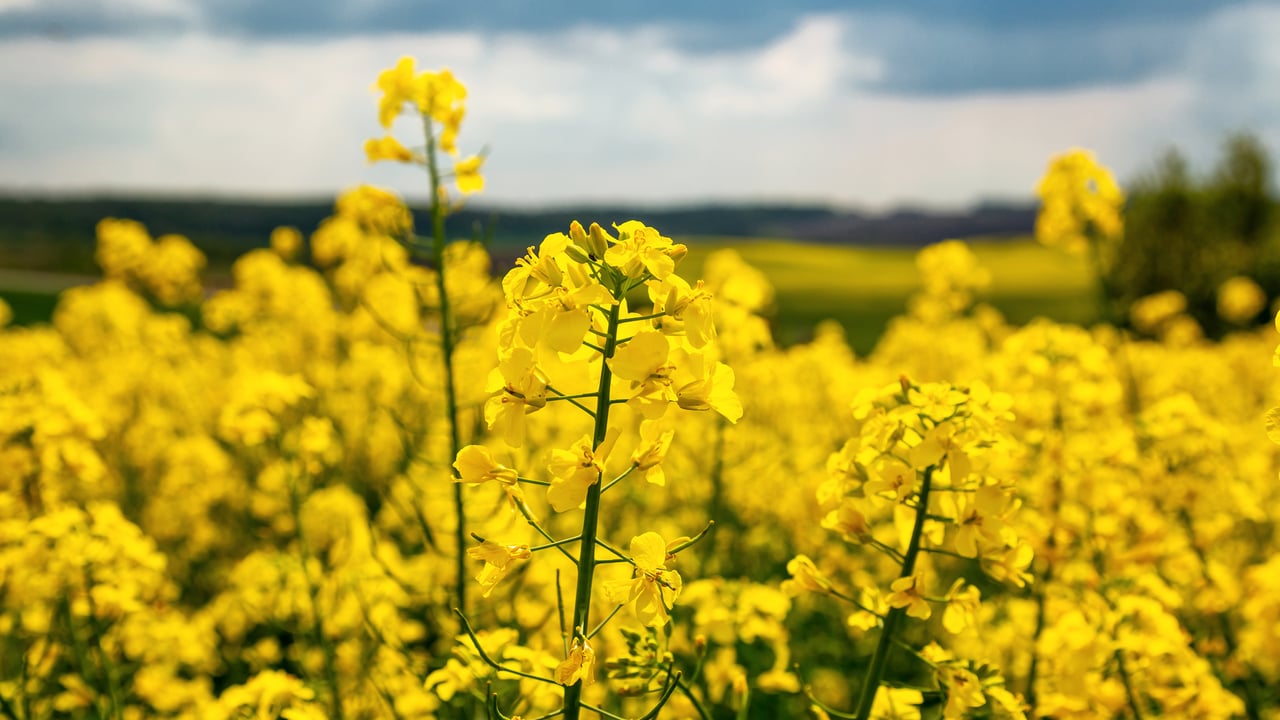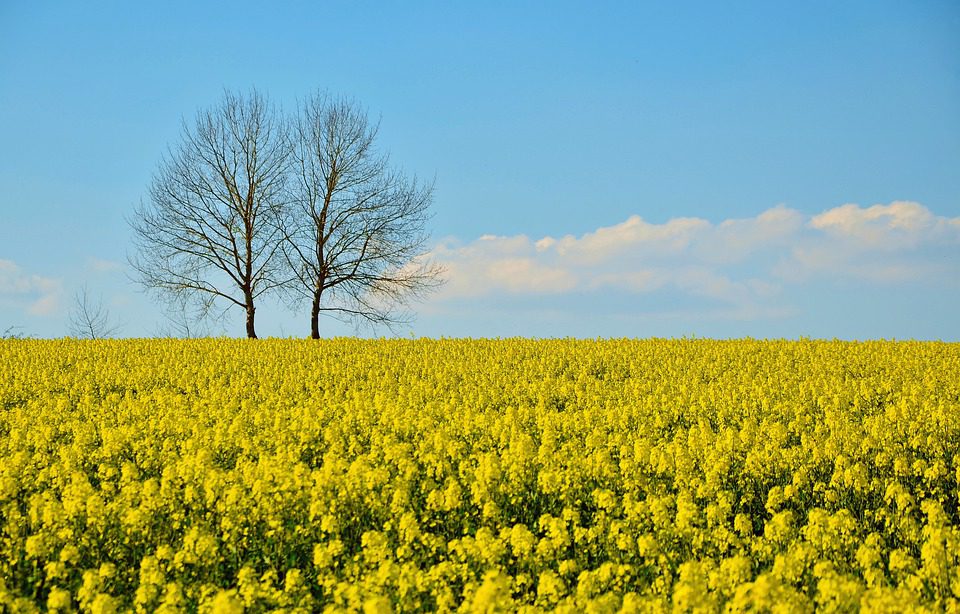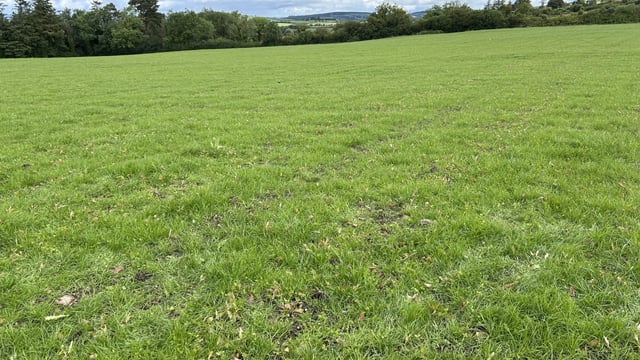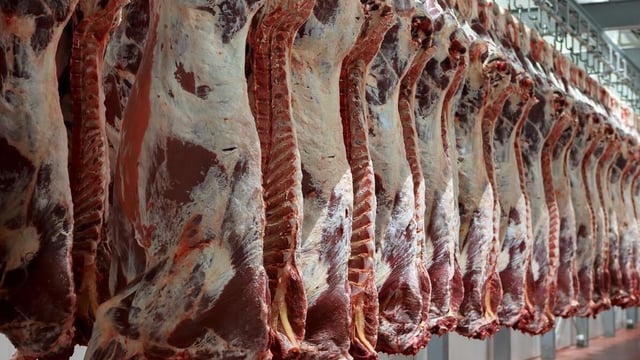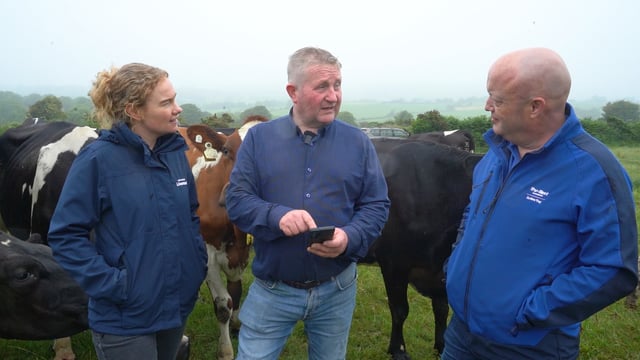Tillage: The rise and rise of winter oilseed rape
Recent days have seen tillage farmers in the Co. Louth area recording winter oilseed rape yields of 2.35t/ac.
And no doubt this level of output has been repeated in many other parts of the country
This is a staggering level of performance, given that many of these crops were grazed severely by pigeons in the early spring period.
In addition, 10 years or so ago, 1.5t/ac would have been considered a reasonable enough rape yield.
This improvement can be attributed to a number of factors, including: the breeding of improved varieties, enhanced levels of plant nutrition, and the fact that Ireland’s soils and climatic conditions are particularly suited to the growing of the crop.
What is more, rape constitutes an excellent break crop option within most tillage rotations.
The only downside to oilseed rape is its predisposition to club root. As a result, tillage farmers wanting to grow it should be careful not to include any brassica species in any cover crop options they may wish to establish.
Once rape seed has been crushed to extract the oil, the residue represents a valuable protein source for livestock. The only issue here is the lack of a crushing plant on the island of Ireland.
The development of a facility has long been mooted. However, no commitment to actually invest in such a plant has yet to manifest itself.
However, if the Irish government’s target of growing the country’s tillage area to 400,000ha by 2030 becomes a reality, this scenario might change quite quickly.
At this scale of cropping footprint, the area of oilseed rape grown annually might be large enough to fully justify the development of a crushing plant.
If the scale of Ireland’s malting barley sector can justify ongoing investment in new breweries and distilleries, there should be a case for a bespoke rape crushing plant within the jurisdiction.
Malting barley production continues to flourish because the crop is recognised as having tremendous value-added potential.
By exporting rapeseed to the UK, Irish growers are, in effect, taking commodity prices for their crops.
However, this scenario would be turned completely on its head if the extremely valuable rapeseed oil was produced locally
Meanwhile, the growth in demand for vegetable oils and plant protein sources continues apace - further good news for Irish tillage farmers.

